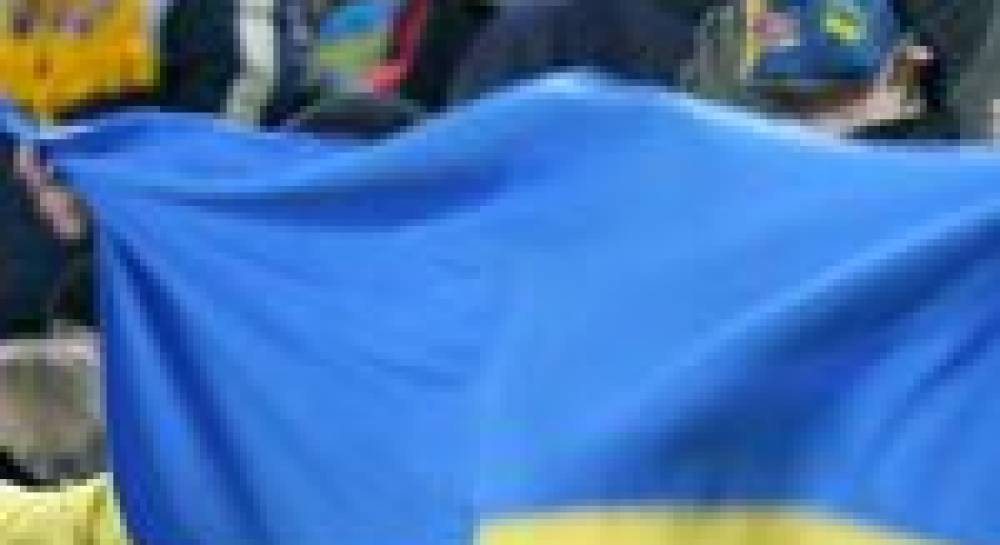
Crisis in Kyiv tests patience of Berlin and Moscow
Frank-Walter Steinmeier, Germany`s foreign minister, is not normally a man lost for words. On one subject, however, he was temporarily silenced: what to do about the crisis in Ukraine...
Frank-Walter Steinmeier, Germany`s foreign minister, is not normally a man lost for words. In an interview with the FT last week he talked fluently on how to cope with the global economic crisis and on relations with Russia.
On one subject, however, he was temporarily silenced: what to do about the crisis in Ukraine.
"We haven`t got an answer to everything," he said with a grin.
Ever since the collapse of the Soviet Union, Ukraine has been a high priority for German foreign policy. Russia has never come to terms with the idea of the country being independent - Vladimir Putin, then Russian president, said as much when he attended last year`s Nato summit in Bucharest. It is a vital conduit for 80 per cent of Europe`s natural gas supplies from Russia, as last month`s total shutdown of the transit pipes demonstrated.
Berlin wants stability in Ukraine, to avoid creating the grounds for any unnecessary conflict with Moscow. Russia wants a compliant government in Kyiv that does not talk about joining Nato and does not control the transit routes for Russia`s gas supplies to Europe.
Mr Steinmeier`s concern, however, is that instead there is "complete deadlock" in the Ukrainian political process with the stand-off between the president, Viktor Yushchenko, and the premier, Julia Tymoshenko. It undermines attempts to draft a recovery programme in the face of a collapse in gross domestic product - down 20 per cent in the 12 months to January.
"On the one hand it makes them incapable of acting, and on the other the preparation for elections is not happening," he said.
"We have supported Ukraine at the IMF [which agreed a two-year standby credit last year of $16.4bn], and we supported them at the [European Bank for Reconstruction and Development]. Whether we can do more, I do not know."
Yet more is almost certainly needed. For a start, the gas deal negotiated with Russia in January could well fall apart in a matter of months, if not weeks.
Naftogaz, the Ukrainian state gas monopoly that is responsible for paying Gazprom, the Russian supplier, is in effect bankrupt. It is forced to sell gas to Ukrainian consumers at a huge markdown and loses about $2bn (?1.5bn, £1.4bn) a year, a sum that has to be met with government subsidies.
The second tranche of Ukraine`s IMF credit has been suspended while the government argues over whether its budget deficit should be 1 per cent or 3 per cent of GDP. The fund will only allow the latter if extra finance is found.
Anders Aslund, former adviser to the Ukrainian government, is more sanguine than Mr Steinmeier. He argues that Ukraine simply has "the most open democratic discussion that you hear anywhere, apart from Britain and India". He also believes that the economy has already hit bottom. But another $5bn is needed - beyond the funds from the IMF, World Bank, European institutions and commercial banks - to plug its financing gap.
"It is very small money," he says, "but the consequences of not giving it are horrendous. It is important that you should have funds available that can be used for fire brigade exercises."
Mr Steinmeier is unhappy about any such idea. "If you say Yes to Ukraine, what do we do in Moldova or in Georgia? Where does it begin, and where will it end? Can you restrict it to Ukraine?" he asks.
Russia, on the other hand, has said yes in principle to helping out. But what strings will be attached? Not the sort of budget discipline Berlin would demand. Mr Putin - and Gazprom - have made little secret that they want to end up in control of all the gas pipelines and storage facilities in Ukraine. Then there would be no need for any more disputes about gas prices in the middle of winter.

